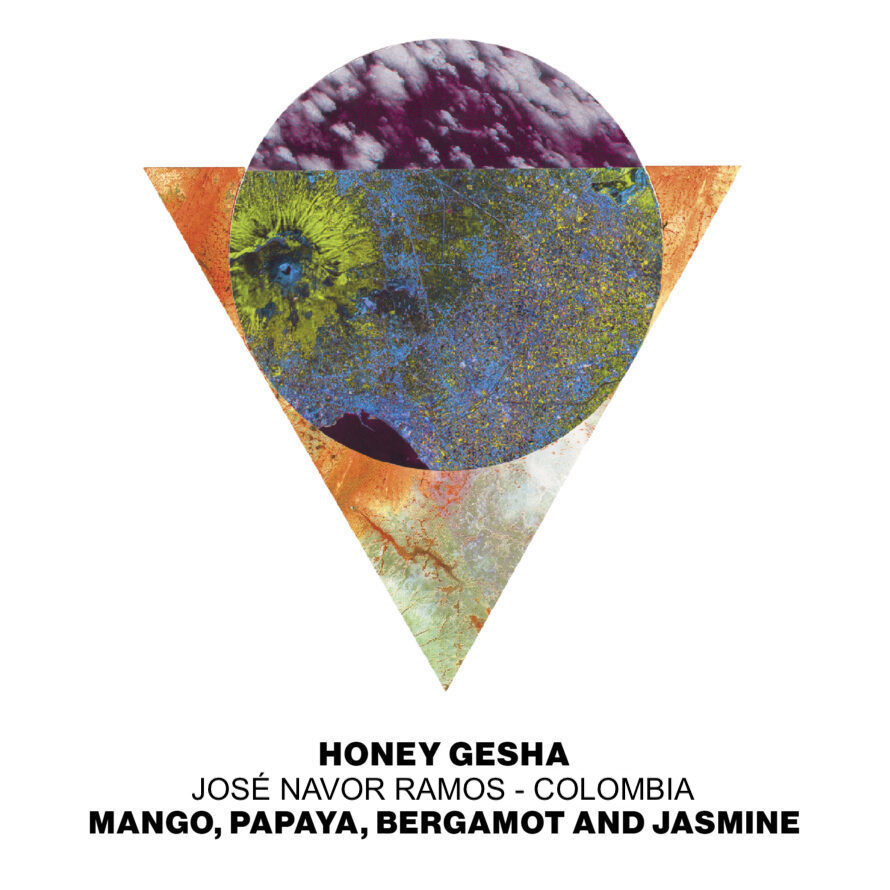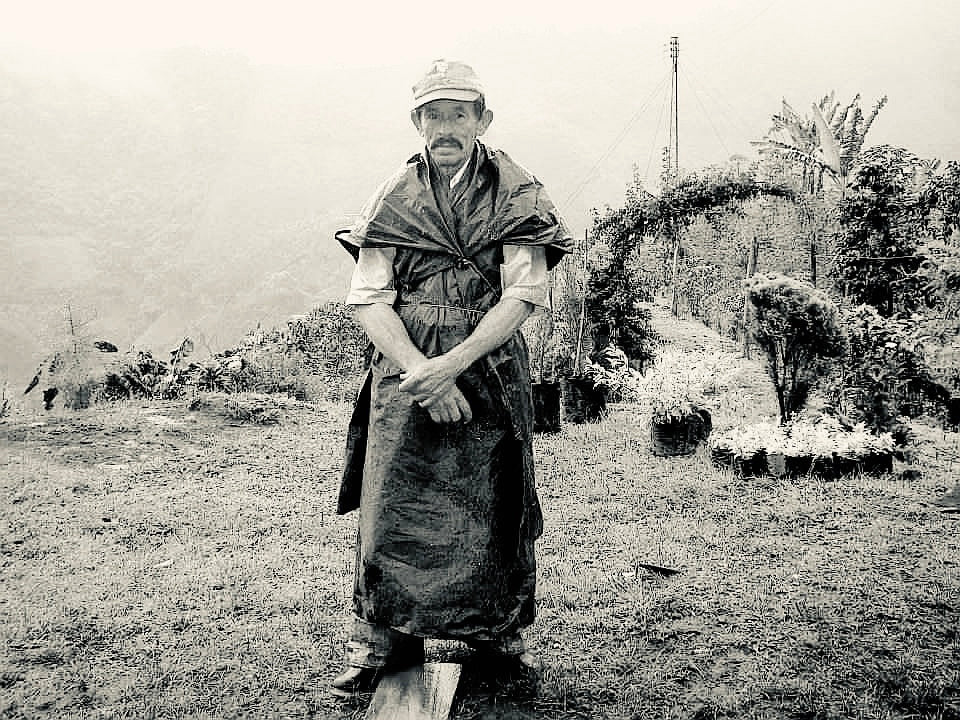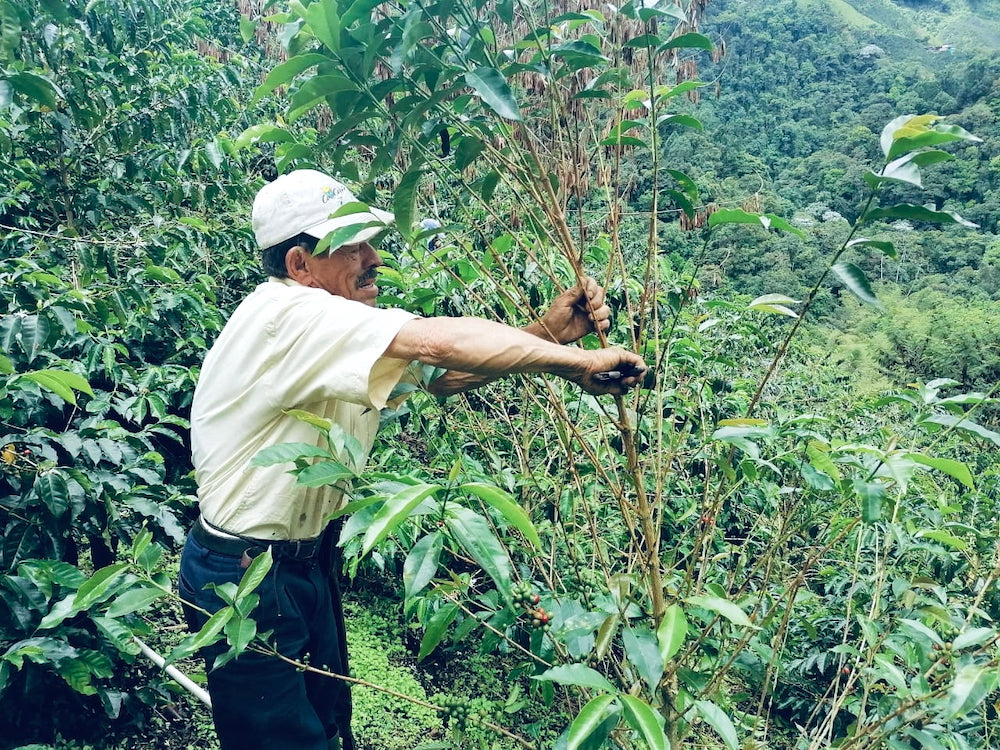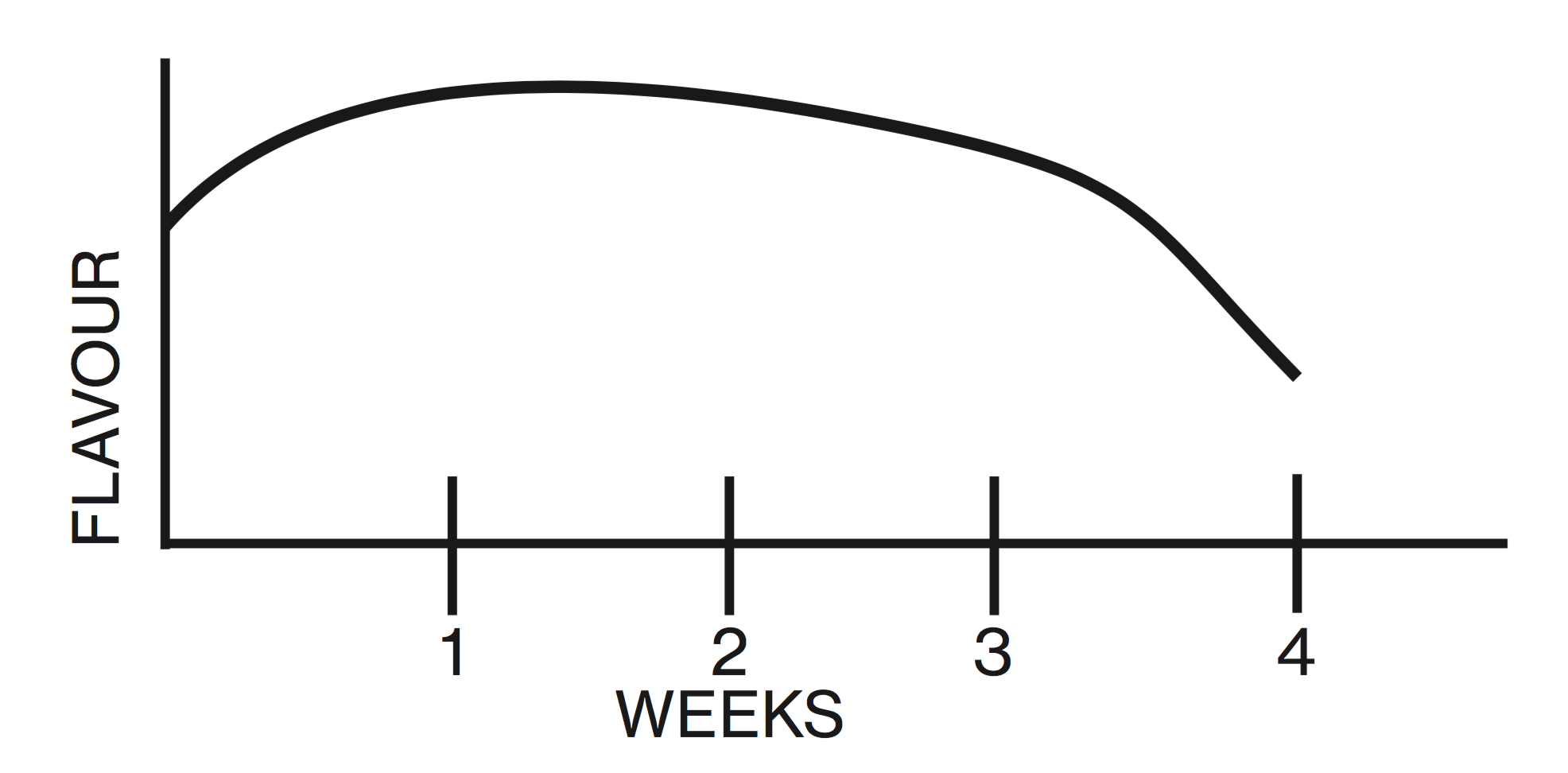
Description
We are excited to share with you Ancoats’ first Gesha varietal, a highlight for any serious coffee drinker. Henry Gomez has worked closed with the producer of this coffee, José Navor Ramos. After more than six years of hard work, Jose farm near the Tatama Natural Park produced this incredible Gesha variety. It is a mouthwatering burst of tropical fruits, mango, papaya and bergamot. This is an extraordinary coffee.
£14.00
Producer
José Navor RamosCup Profile
Mango, Papaya,Bergamot, Jasmine
Country
ColombiaPreparation
HoneyTerroir
Santuario RisaraldaGenetics
GeshaAltitude
1700mCup Score
90Description
We are excited to share with you Ancoats’ first Gesha varietal, a highlight for any serious coffee drinker. Henry Gomez has worked closed with the producer of this coffee, José Navor Ramos. After more than six years of hard work, Jose farm near the Tatama Natural Park produced this incredible Gesha variety. It is a mouthwatering burst of tropical fruits, mango, papaya and bergamot. This is an extraordinary coffee.
We are excited to share with you Ancoats’ first Gesha varietal, a highlight for any serious coffee drinker. This coffee is a mouthwatering burst of tropical fruits, mango, papaya and bergamot. This is an extraordinary coffee.


Our close friend and farmer Henry Gomez has introduced to Ancoats Coffee Co their first Gesha. This coffee comes from José Navor Ramos, the producer, who has known Henry Gomez since 2014. José is responsible for the running of the farm and he is in charge of supervising all the coffee processes. The farm is called La Esperanza, which translates into English as ‘hope’ and it is only 22 kilometers away from the National Park of Tatama.
La Esperanza farms is characteristic for producing small nano-lots of coffee. Although they also produce other varieties such as Caturra and Castillo processed through traditional wash and natural dry, their most unique coffee is this Honey process Gesha. The honey process consist in the berries being fermented in open barrels for 24-hours. Then, the cherries are pulped and put in open bags and further fermented for 80-hours. The last step of the process is sun-drying the cherries between 12 to 16 days depending the weather conditions. The name of the honey process comes because the sticky mucilage of the coffee stays during the drying process. And this sticky mucilage is similar to honey.

